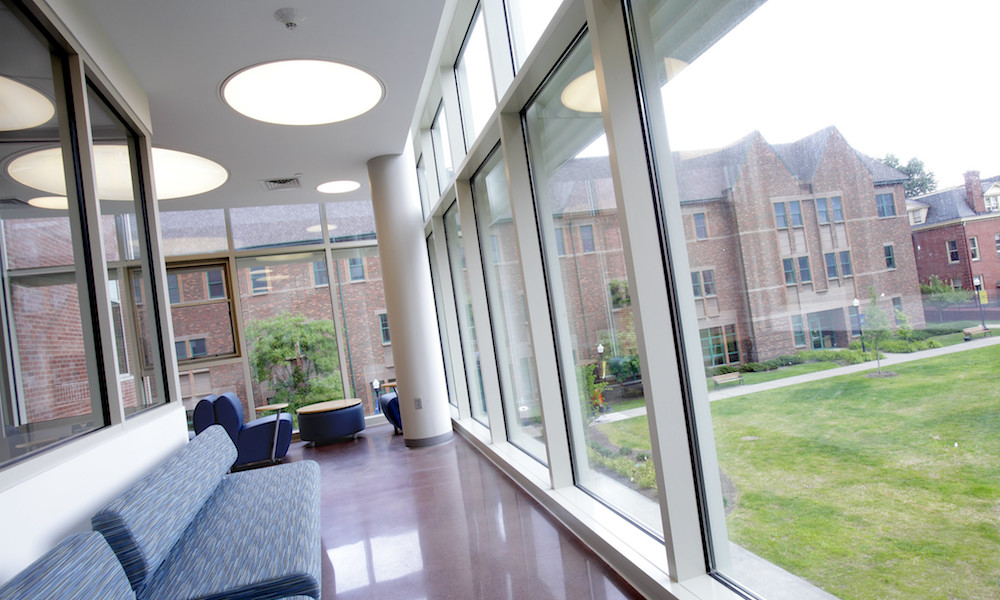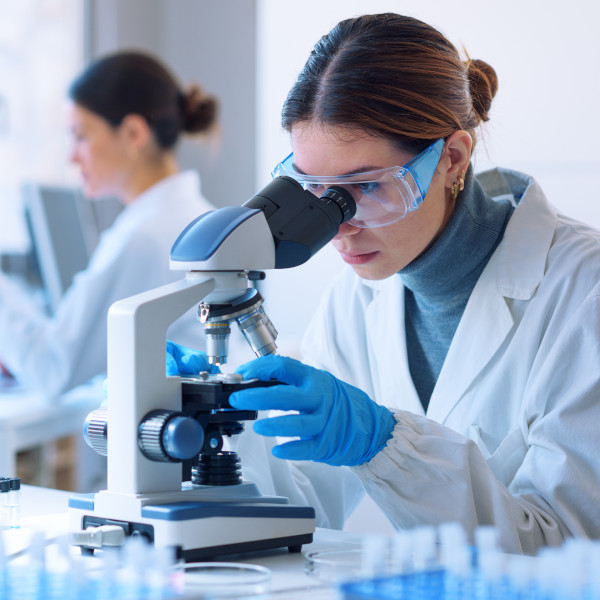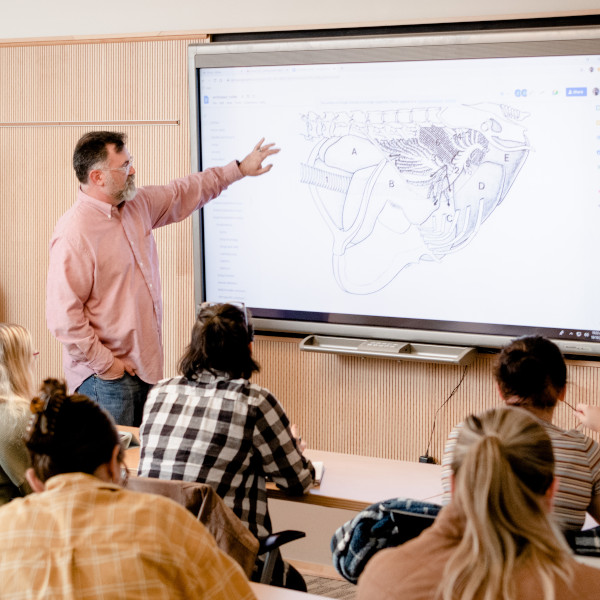As a chemistry major at Wilkes, you’ll receive a solid foundation in chemical theories and laboratory techniques, preparing you for a range of career opportunities in chemical or pharmaceutical industries, government laboratories and academia.
Program Snapshot
| Program Type | Format | Credit Hours |
|---|---|---|
| Major, Minor | On Campus | 121 (22 for minor) |
Why Study Chemistry at Wilkes?
Begin using state-of-the-art chemical instruments in your first year. Conduct research side by side with expert professors. The department possesses a wide range of modern spectroscopic and separations instruments, thermal analysis facilities, and equipment for synthesis and analysis.
The program is approved by the American Chemical Society, and students graduating with a BS in chemistry are certified for membership. The comprehensive curriculum and hands-on experience offer great preparation for graduate or professional school, and they make Wilkes grads sought-after employees.
- Bachelor of Arts (BA)
- Bachelor of Science (BS)
- Chemistry Minor
- Chemistry BA with Secondary Education Minor
BA Chemistry majors may enhance their degree with a concentration in:
- pre-medical studies
- forensic science
- computer science
- sustainability
- business
- art
What Will You Learn as a Chemistry Student?
- You’ll explore a comprehensive curriculum in analytical, organic, inorganic and physical chemistry, as well as biochemistry.
- Get hands-on experience with a vast array of instruments, including the region’s largest nuclear magnetic resonance spectrometer.
- Develop written and oral scientific skills that enhance your ability to communicate effectively in any setting.



